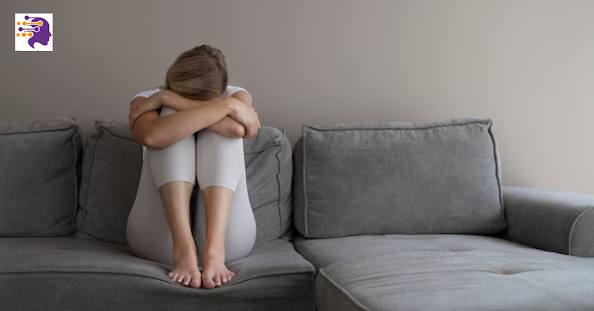Helping your Near Ones Recovering from Eating Disorders
While we are far away from this stuff becoming a reality for us as a collective, we will take measures in our online consumption and communities to make a secure space where body respect reigns and diet culture remains on the surface looking in. If you substitute solidarity with those recovering from a disorder and you're connected with those individuals via social media, here are a couple of ways to make a positive online environment that shows your support.
Social Documentation
Making a safer space in online communities for people recovering from eating disorders includes contemplating the message that before-and-after photos send to those that are working through accepting their “after” body, which can be larger than the one that they had before. What advice is being given if the “following” photo is being praised as compared to its “back?” Should a person’s personality be reduced to easily what they appear like? in fact not! As you begin to mind your language, also mind your photos to form sure you're not perpetuating behaviors that make it hard for those that are walking within the path of recovery. Contact the best psychiatrist in Indore.
Creating a healthy environment.
By committing ourselves to those small practices, we create positive and safe spaces for ourselves and particularly our loved ones in recovery. We might not have reached the purpose where society at large is willing to simply accept this stuff but when one among us commits to doing such, others will follow. Creating nonjudgmental spaces of body acceptance will benefit not just those that are in recovery but many that have recovered. Who may never have experienced the toll of a disorder? By caring for those that have the best need first, we'll ultimately satisfy the requirements of everyone. Don't suffer alone, search for Eating disorder Treatment in Indore.
Think before you speak.
Additionally, you'll find yourself using language about bodies that don't fully convey how you are feeling at the instant. for instance, saying things like “I feel fat” is an unhelpful and harmful way that folks communicate feelings of inadequacy or undesirability. Instances like these are fatphobic and send messages to others that suggest fat bodies are devalued and underappreciated. To remedy this, examine the language you employ (ideally, before you publish it) and mindfully replace it with words that better demonstrate what you actually mean. Changing language to make a more inclusive space will undoubtedly help those recovering from eating disorders feel welcome.



Comments
Post a Comment